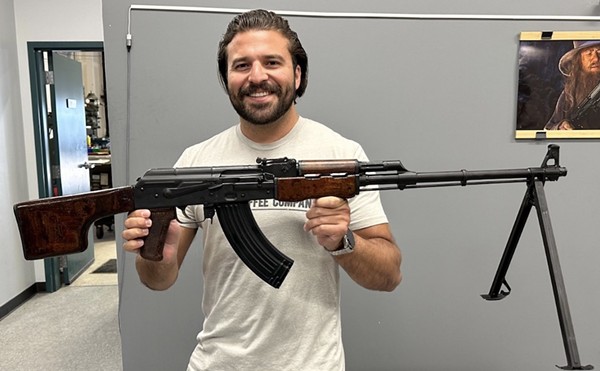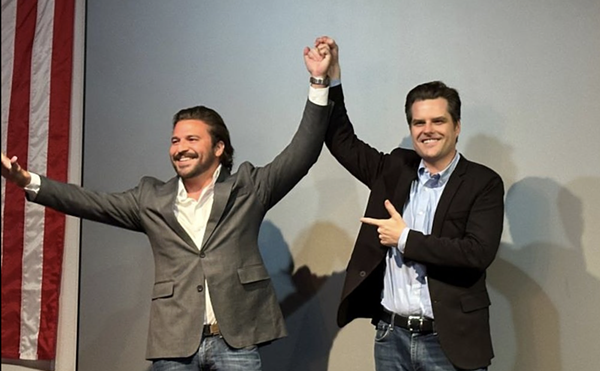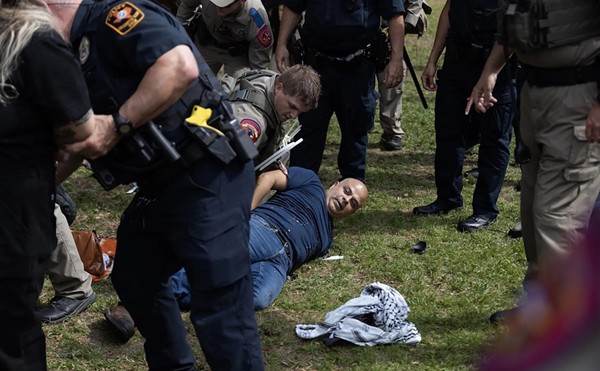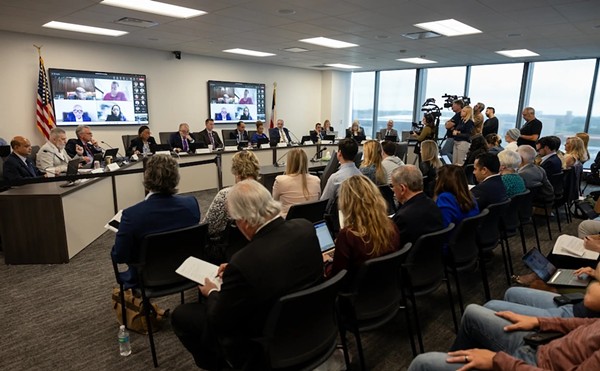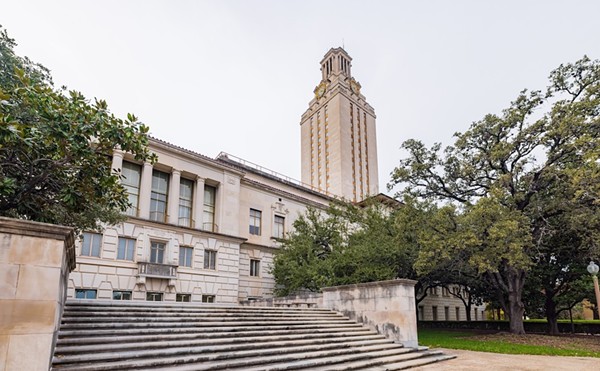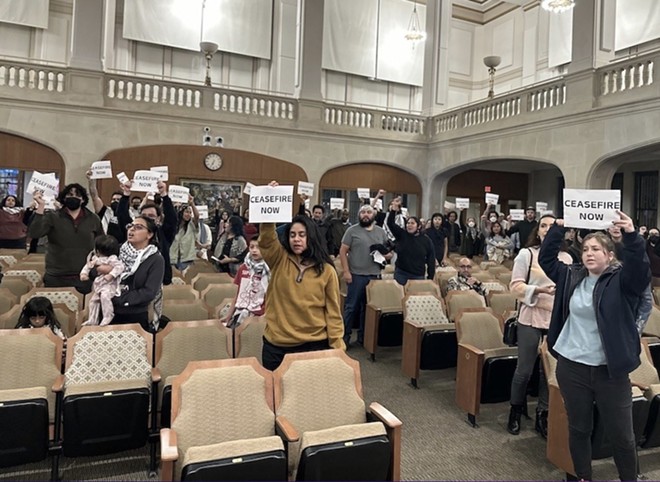
Editor's Note: Bad Takes is a column of opinion and analysis.
Bombing civilians began long before the invention of the airplane or drone.
In September 1846, the future shining star of the Confederacy, Robert E. Lee, then a captain, took off from San Antonio to join the U.S. invasion of Mexico. The following March, the military fired some 6,000 cannonballs into the city of Veracruz, and Lee's skill as an engineer came in handy.
"I had placed three 32- and three 68-pound guns in position," he wrote in a letter home. "Their fire was terrific, and the shells thrown from our battery were constant, so beautiful in their flight and so destructive in their fall. It was awful! My heart bled for the inhabitants. The soldiers I did not care so much for, but it was terrible to think of the women and children."
Mexican leaders requested a ceasefire to evacuate civilians but Major General Winfield Scott refused. According to historian Glenn Price, the bombardment "was indiscriminate," and projectiles were "lobbed up with the design of crashing through the flimsy roofs of the adobe houses and exploding among the families after falling inside." Soldiers recalled the screams of those buried under the rubble.
"The British press was extremely critical of this deliberate destruction of the population, and some American officers on the scene expressed their strong disapproval," Price noted.
And what of the U.S. press?
"It is certain that non-combatants suffered the most," an embedded New Orleans Picayune correspondent wrote.
The New Orleans Delta likewise reported "one half of the city is destroyed," while New York's Spirit of the Times weekly relayed the Mexican estimate of up to 1,000 killed and wounded, noting "all agree the loss among the soldiery is comparatively small, and among the women and children is very great."
For the past four months, the Israeli military has engaged in what experts told the Associated Press is one of the deadliest and most destructive bombing campaigns in recent history. It's also talking place in one of the most densely populated places in the world, the Gaza Strip. More than 10 children a day have lost one or both legs, according to a Save the Children report citing United Nations statistics.
More than 85% of Gaza's 2.3 million residents have been forced from their homes. Even President Joe Biden, a staunch Israeli ally, has characterized the bombardment as "indiscriminate."
As Israel impedes humanitarian aid, the UN warns that most Gazans are at imminent risk of starvation.
"Gaza is becoming a graveyard for children," Secretary-General António Guterres warned in November.
To no avail, concerned San Antonio residents have asked City Council to discuss a resolution calling for an immediate ceasefire as well as for the release of Israeli hostages. Cities from Atlanta to Chicago to Seattle have already passed similar measures, as has the Texas AFL-CIO, which late last month became the first state labor federation to do so.
Few circumstances are more frustrating than when elected leaders can't bring themselves to state what is ethically obvious.
"No politician of any considerable distinction or eminence seems willing to hazard his popularity by an open and unqualified disapprobation of the war" against Mexico, abolitionist Frederick Douglass lamented at the time of that armed conflict. "None seem willing to take their stand for peace," he wrote, labeling the opposition to U.S. atrocities as "puny."
He may as well have been referring to all but two members of San Antonio City Council.
Gilbert Garcia, columnist for the San Antonio Express-News, appeared to excuse local leaders' inaction on his Puro Politics podcast: "It's always interesting when you have city councils getting involved in what are basically making symbolic statements on issues that don't really affect the city."
Setting aside that thousands of people who reside in Bexar County are directly affected because they may have family and friends in the region, San Antonio is a military city in a country that hands $3 billion in aid to the Israeli Defense Forces annually.
Bottom-line: complicity in war crimes affects us all.
Would a resolution stop the war? Surely not.
But neither did Henry David Thoreau's refusal to pay the poll tax that helped fund the Mexican-American War. It was a symbolic gesture, especially since he spent only one night in jail for his civil disobedience. However, he understood that sometimes severing our connection to an injustice is all we can do. It adds our voice to a chorus, potentially inspiring future peacemakers — just as Thoreau inspired Mahatma Gandhi and Martin Luther King Jr.
Whatever the confrontational antics of San Antonio's pro-Palestinian protesters, they have displayed a determination and maturity that puts our local politicians and pundits to shame.
Subscribe to SA Current newsletters.
Follow us: Apple News | Google News | NewsBreak | Reddit | Instagram | Facebook | Twitter| Or sign up for our RSS Feed





